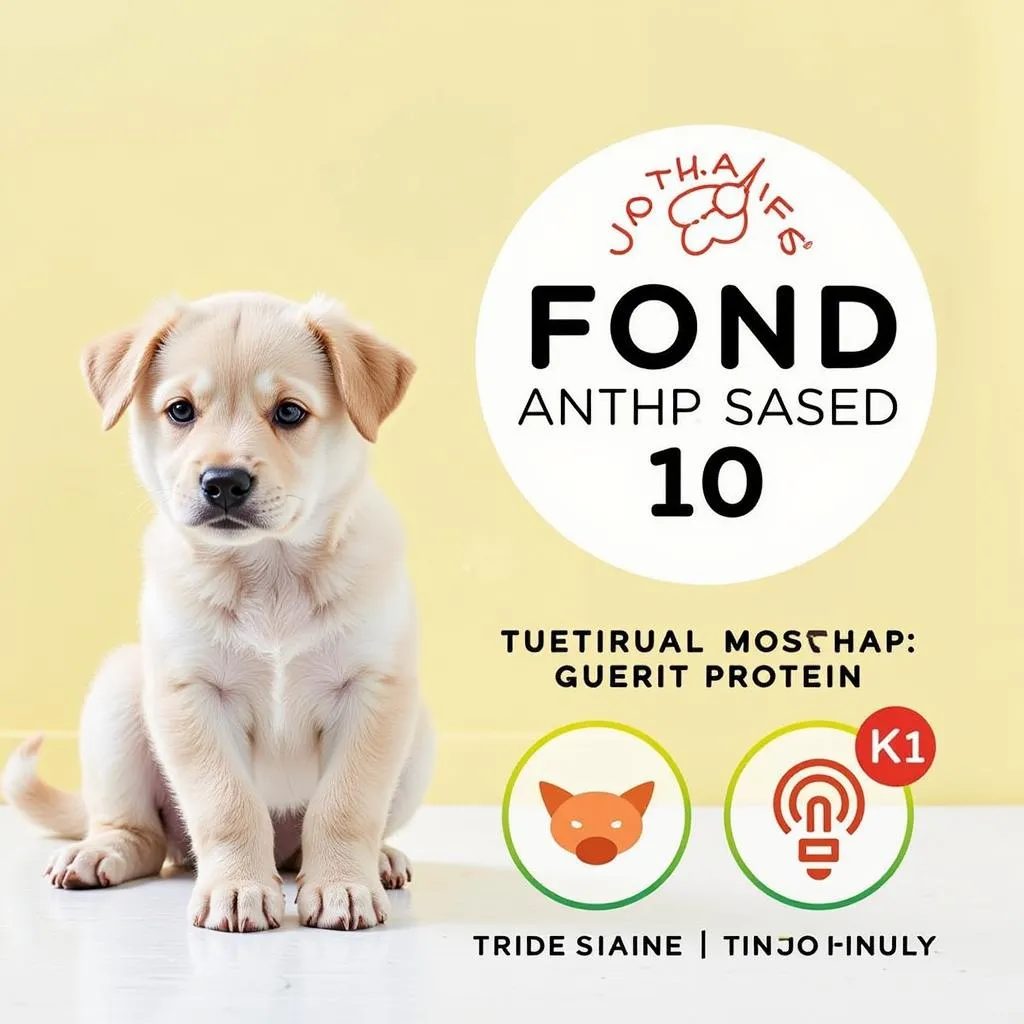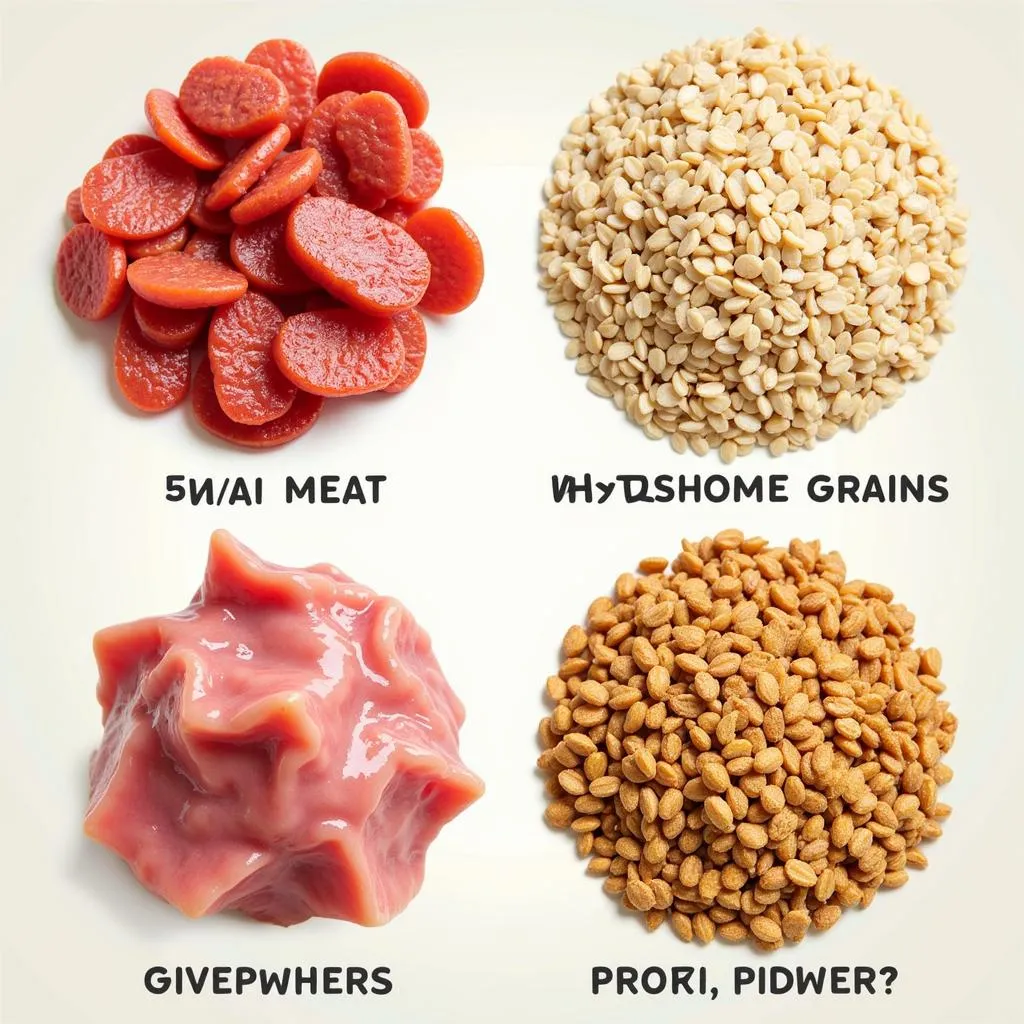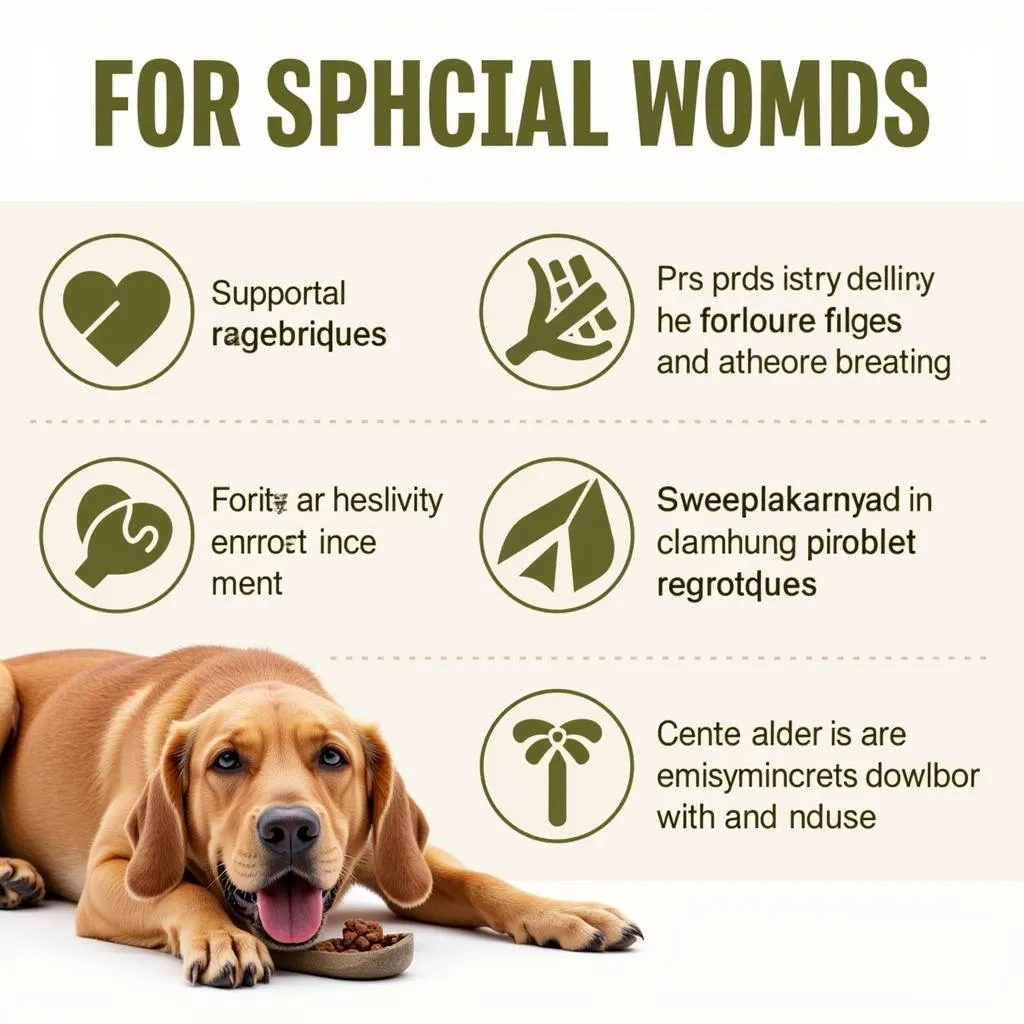Bull terriers are energetic and athletic dogs that need a balanced diet to thrive. Choosing the right food can make a big difference in your dog’s health, energy levels, and overall well-being. This comprehensive guide will help you understand the best food options for your bull terrier, covering everything from nutritional requirements to ingredients and feeding recommendations.
What to Look for in a Bull Terrier Food
When choosing food for your bull terrier, prioritize high-quality ingredients and a balanced nutritional profile. Consider the following factors:
-
Protein: Bull terriers are active dogs, so they need a high-protein diet. Aim for a food with at least 25% protein, sourced from high-quality ingredients like chicken, beef, or fish.
-
Fat: Healthy fats are essential for energy, coat health, and brain function. Look for foods with a moderate fat content (around 15-20%) derived from sources like chicken fat, fish oil, or flaxseed.
-
Carbohydrates: While carbohydrates are not as crucial as protein and fat, they provide energy. Choose foods with moderate carbohydrate levels (around 25-35%) and opt for whole grains like brown rice, oatmeal, or barley over refined grains.
-
Fiber: Fiber promotes digestive health and can help regulate bowel movements. Choose foods with at least 5% fiber.
-
Vitamins and Minerals: Ensure your dog is getting all the essential vitamins and minerals necessary for growth, development, and overall health. Look for foods fortified with vitamins A, D, E, K, B-complex, calcium, phosphorus, and iron.
Choosing the Right Food Type
There are several different types of dog food available, each with its own advantages and disadvantages. Here are some options to consider for your bull terrier:
-
Dry food: This is the most popular and convenient option, offering a balance of nutrients and long shelf life. Choose dry food with high-quality ingredients, minimal fillers, and appropriate protein and fat content.
-
Wet food: This is a good option for picky eaters or dogs with dental issues, as it’s often more palatable and easier to chew. However, wet food is typically higher in calories and moisture, so adjust portion sizes accordingly.
-
Raw food: This diet consists of fresh meat, bones, and vegetables. While raw food can offer many benefits, it requires careful planning, sourcing, and preparation. Consulting with a veterinarian experienced in raw feeding is essential.
-
Homemade food: You can create a balanced diet for your bull terrier by cooking homemade food. However, it’s important to ensure all nutritional requirements are met. A veterinarian can help you create a safe and healthy homemade diet.
Top Food Choices for Bull Terriers
Here are some highly-rated food options specifically designed for bull terriers, with varying price points and ingredients:
-
 Purina Pro Plan Puppy Formula
Purina Pro Plan Puppy Formula -
 Blue Buffalo Life Protection Formula
Blue Buffalo Life Protection Formula -
 Hills Science Diet Adult 7+
Hills Science Diet Adult 7+
Feeding Your Bull Terrier
Once you’ve chosen the right food, it’s important to follow these feeding guidelines:
-
Consult your veterinarian: They can help you determine the right amount of food for your dog based on their age, weight, and activity level.
-
Gradually transition to new food: Don’t change your dog’s diet abruptly. Gradually introduce the new food over several days to avoid digestive upset.
-
Provide fresh water: Always ensure your bull terrier has access to clean, fresh water.
-
Avoid overfeeding: Overfeeding can lead to obesity, which can put strain on your dog’s joints and increase the risk of health problems.
Frequently Asked Questions
What are the signs of food allergies in bull terriers?
Signs of food allergies in bull terriers can include itching, scratching, skin redness, vomiting, diarrhea, and gas.
What are some good treats for bull terriers?
Healthy treats include cooked chicken, carrots, apples, and plain yogurt. Always choose low-calorie and low-sodium options and avoid giving treats with artificial ingredients.
Can I feed my bull terrier human food?
While it’s tempting to share your meal with your furry friend, it’s best to avoid feeding your bull terrier human food. Many common foods are toxic to dogs and can cause digestive problems.
How often should I feed my bull terrier?
Puppies should be fed 3-4 times a day, while adult dogs can be fed 1-2 times a day. Adjust feeding times based on your dog’s activity level and age.
What are some signs of malnutrition in bull terriers?
Signs of malnutrition include weight loss, dull coat, lethargy, and a weakened immune system.
Conclusion
Providing the right food for your bull terrier is essential for their health, well-being, and longevity. Choose high-quality food with a balanced nutritional profile and consult your veterinarian for personalized feeding recommendations. Remember to prioritize your dog’s individual needs and ensure they are getting all the necessary nutrients for a happy and healthy life.